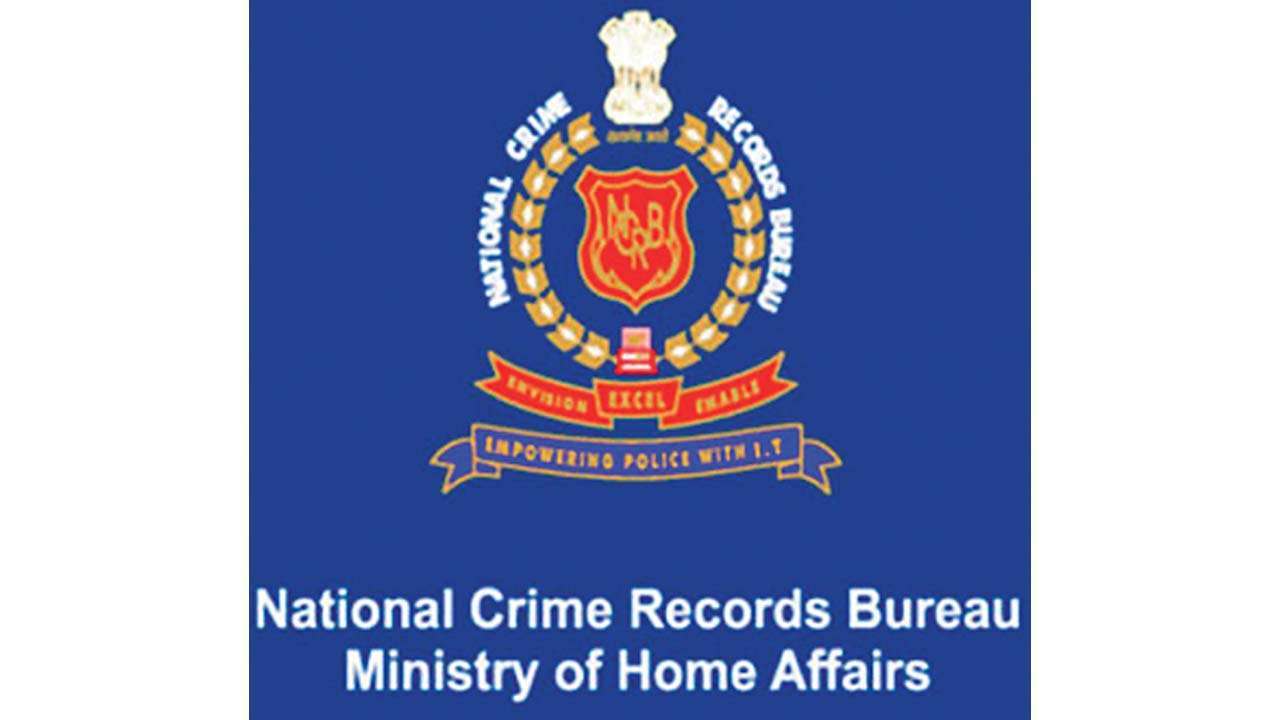New Delhi: Ahead of the rollout of three new criminal laws replacing the IPC, CrPC, and Evidence Act from July 1, 2024, sources in the Union Ministry of Home Affairs stated that the NCRB has formed 36 support teams and call centres for states and UTs to ensure smooth implementation.
Sources said that to man these measures, 40 lakh grassroots workers and 5.65 lakh police, prison, forensic, judicial, and prosecution officials have been trained to create awareness about the new laws: the Bharatiya Nyaya Sanhita 2023, Bharatiya Nagarik Suraksha Sanhita 2023, and Bharatiya Sakshya Adhiniyam 2023.
They further informed that since the new laws emphasize the widespread use of new technology in investigation, trial, and court proceedings, the NCRB has made 23 functional modifications in the existing Crime and Criminal Tracking Networks and Systems (CCTNS) application.
The application is connected to almost all the police stations in the country, and cases are now registered through this system nationwide, they added.
The National Informatics Centre (NIC) has also developed applications—eSakshya, NyayShruti, and eSummon Apps—to facilitate the videography and photography of crime scenes, judicial hearings, and the electronic delivery of court summons under the new criminal laws.
According to the sources, the Bureau of Police Research and Development (BPR&D) has developed training modules for capacity building, which have been shared with the states and UTs. The BPR&D has conducted 250 training courses and organized webinars and seminars, training 40,317 officers and personnel.
It is also learned from the sources that iGOT-Karmayogi Bharat and BPR&D are offering three training courses each on the new criminal laws, for which 2,17,985 officials have enrolled so far.
As part of the MHA’s efforts to make the general public aware of the three new criminal laws, the ministries of women and child development, rural development, and Panchayati Raj have been roped in. They undertook various measures, including conducting webinars in which nearly 40 lakh grassroots-level functionaries participated.
The Department of Legal Affairs under the Ministry of Law & Justice has also organized four conferences in state capitals, with delegates from a diverse array of fields, including the Chief Justice of India, judges of the Supreme Court and high courts, and domain experts, the sources said.






